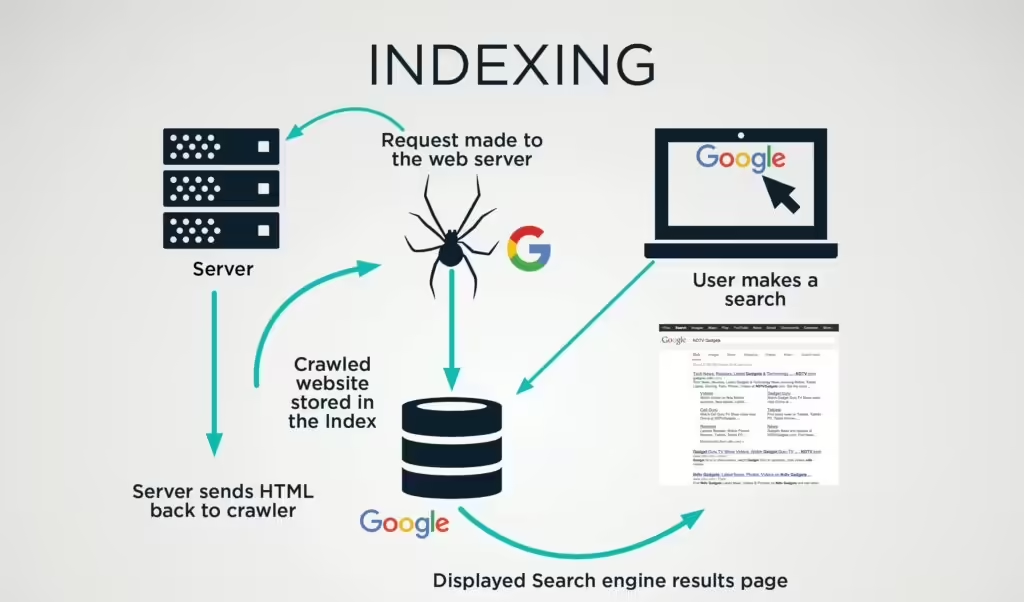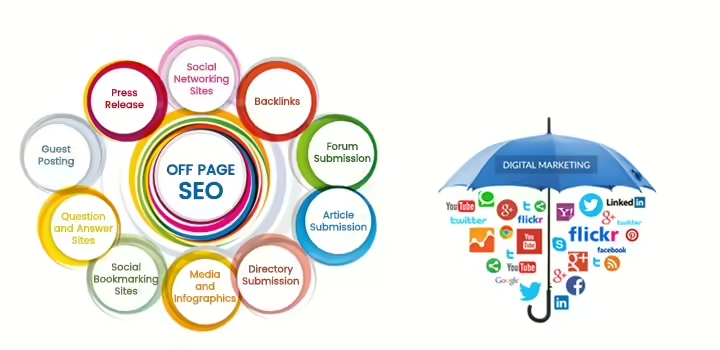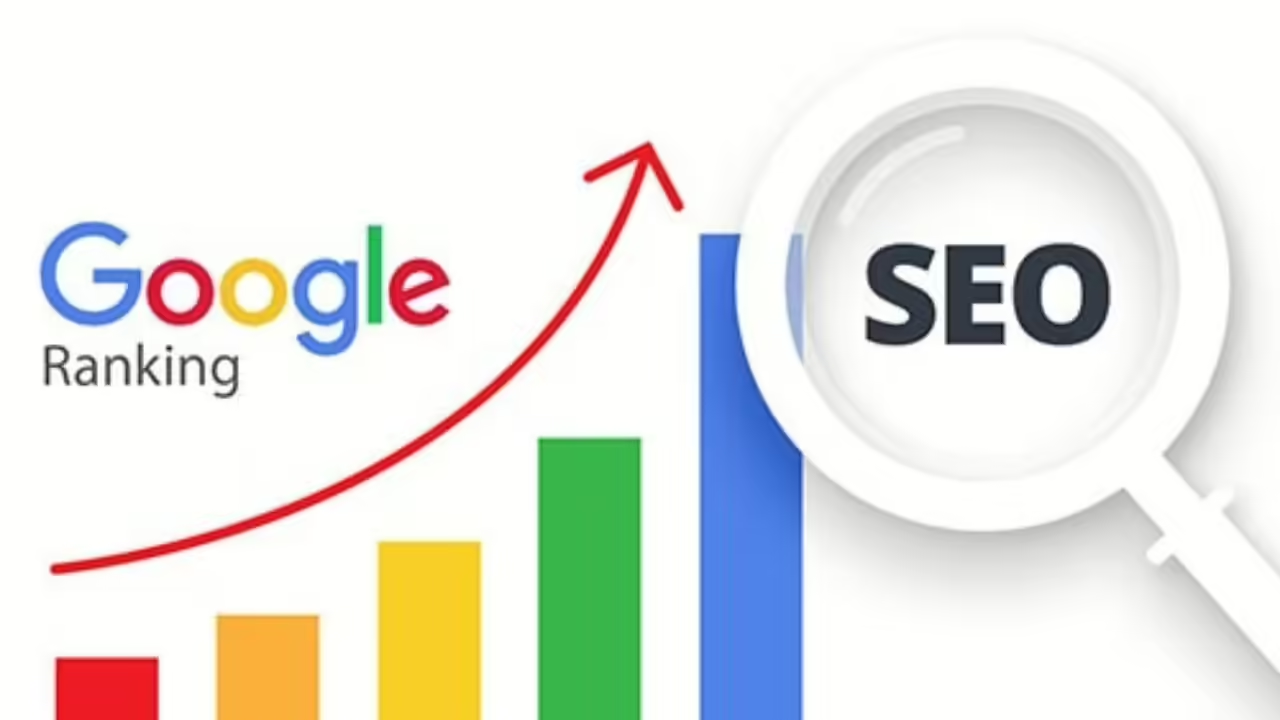As a small business owner, you have come to understand that it is almost only possible to operate with a website. But what is the point of having an attractive site when no one can see it? When seeking customers and expanding the business, obtaining visibility on a powerful search engine like Google is paramount. This simple yet comprehensive article will enable you to understand the basic principles of optimizing the website to rank on Google and getting the right customers for your business.
Why is Getting a Rank on Google Important?
Imagine Google is a very large library and when one wishes to search for information on a certain product or service, wants to pull out the best “book” about that subject. This is why achieving top positions on Google can positively impact your business outcomes:
- Increased Visibility: The more websites are ranked, the more chances for general keyword/search term users to click on the particular website
- Targeted Traffic: The searchers are searching for something that helps the searchers which help you promote what you provide.
- Credibility and Trust: Internet users always associate the most reviewed Google searches with trust.
- Business Growth: If the given business gains more exposure and its prospects on the site increase, then leads, coming sales and all-around business overall growth.
How Google Search Works: The Basics

Google shows various pages in search results based on strategies for its assessment algorithm. Before explaining the strategies, let’s start by defining the following explain
- Crawling: A web crawling bot known as ‘spider’ automatically fetches and keeps track of web pages.
- Indexing is the mechanism by which Google, a type of search engine, confines a site’s content to a given focused topic.
- Ranking: Google has devised certain systems in which factors such as relevancy, authority, and other aspects come into play at the ranking level.
Effective Strategies to Get a Rank on Google
Keywords encompass the words and phrases people ‘punch’ into Google when trying to find something. This is the point of keyword research, which helps determine the needs of your target audience.
1. Keyword Research: Speak Google’s Language

- Brainstorm Relevant Terms: It is wise to note appropriate words that apply to your business and then look for words that concentrate on fewer areas.
- Use Keyword Research Tools: The appropriate use of tools such as Google Keyword Planner, Ahrefs, and SEMrush renders users effective data on quite several attributes such as search volume, level of competition, and even keywords that are used in websites similar to the target market.
- Target Long-Tail Keywords: These are longer search phrases with lesser competition hence easier to rank for.
2. On-Page Optimization: Make Your Website Google-Friendly

On-page optimization is the optimization of the contents and technical factors of the website based on its theme for further analysis and ranking by Google.
• Be Efficient with Title Tags and meta descriptions: These give Google and users a turn of the house in a few lines.
• Use Keywords: It outright includes in the content where it pops the most appropriate place examples, headlines, sub-headlines, and body content.
• Develop Useful Content: Bring purposeful content worth reading and meeting the users’ purpose.
• Enhance Images: Use image files and alt attributes in some images.
• Work On The Website Speed: When the website loads faster, the experience is better hence the rankings can increase.
3. Off-Page Optimization: Build Authority and Trust

Off-page optimization on the other hand relates to those activities that do not involve your website but help improve your rankings.
• Generate Quality Backlinks: These are links from other authoritative sites to your sites. In essence, they function as ‘voting’ and assist Google in determining the credibility of your site.
• Social Media Participation: Although they do not directly influence the overall rank of your site, social media can help create more awareness, traffic and potential customers on your site thus enhancing SEO.
• Local SEO: For local businesses, optimize your Google My Business profile and place your business in accurate online directories.
4. Content Marketing: Attract and Engage Your Audience

Content marketing can be defined as the process of creating, developing and distributing relevant and valuable content to the audiences.
• Start a Blog: Create and publish a blog regularly on the topics of your industry and relevant keywords.
• Create a Variety of Content Types: Use videos, infographics, ebooks, and other content types to reach new audiences.
• Distribute Your Content: Post and send content on social media, to email lists, or elsewhere to attain more coverage.
5. Technical SEO: Ensure a Healthy Website Foundation

Technical SEO focuses on the general structure of your website and its usability from the search engine’s perspective.
• Have A Mobile Friendly Site: Many users connect to the internet using mobile phones, and it is critical to have such users to accommodate their needs.
• Add Your Sitemap To Google Search Console: This aids the Googlebot in navigating through as well as indexing your website better.
• Remove Dead Links: Broken links on a website negatively affect users and SEO. Therefore, make it a point to check the links regularly and break them after a certain period.
6. Track Your Progress and Make Adjustments

Implementing SEO is not a one-time occurrence. It is important to monitor the website’s performance regularly over time and even to augment or alternate the tactics to Lawrence, J. (2013).
• Use Google Analytics: This free tool provides vital statistics regarding your website, including site traffic and user interactions.
• Analyze Your Ranking Progress: Track your performance on various target keywords and, where necessary, compare, contrast, and adjust your strategies.
• Keep Abreast of the Current and Ideal SEO Trends: Google changes its policies regarding Search Engine Optimization daily.
Patience and Persistence: The Keys to Long-Term Success
Achieving a good ranking on Google takes time and work. This is not magic. Do not be too impatient for SEO achievements and results. Be steady; regular SEO approaches, practices, and comprehension will help you improve your website’s rank.
Need Help? Consider Professional SEO Services
If SEO feels too much for you or if you have limited time to devote to it, you should probably seek the services of an SEO office or an SEO consultant. They will assist you in devising a step-by-step approach that you can follow to make decisions affecting the business objectives you have set.
Conclusion
For any small business seeking success on the internet, it is critical to ensure its website is found on Google. When you grasp the fundamentals of SEO and follow this guide, your website will be ranked better, you will be able to get more good leads, and, therefore, you will be able to grow your business. Always remember that SEO is a marathon, not a 400m run. So, keep your head in the right places, wait for the journey to the top of the search results, and enjoy it!




